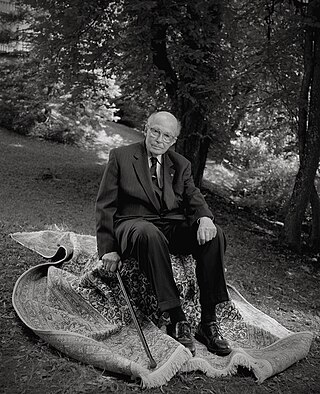
Otto von Habsburg was the last crown prince of Austria-Hungary from 1916 until the dissolution of the empire in November 1918. In 1922, he became the pretender to the former thrones, head of the House of Habsburg-Lorraine, and sovereign of the Order of the Golden Fleece, upon the death of his father. He resigned as Sovereign of the Golden Fleece in 2000 and as head of the Imperial House in 2007.

Otto Weininger was an Austrian philosopher who lived in the Austro-Hungarian Empire. In 1903, he published the book Geschlecht und Charakter, which gained popularity after his suicide at the age of 23. Parts of his work were adapted for use by the Nazi regime. Weininger had a strong influence on Ludwig Wittgenstein, August Strindberg, and, via his lesser-known work Über die letzten Dinge, on James Joyce.

Archduke was the title borne from 1358 by the Habsburg rulers of the Archduchy of Austria, and later by all senior members of that dynasty. It denotes a rank within the former Holy Roman Empire (962–1806), which was below that of Emperor, and roughly equal to King, Prince-Archbishop, and Grand prince, but above that of a Grand Duke, Sovereign Prince, and Duke.

Otto Marburg was an Austrian neurologist known for his contributions to the understanding of multiple sclerosis and for advances in neurooncology.
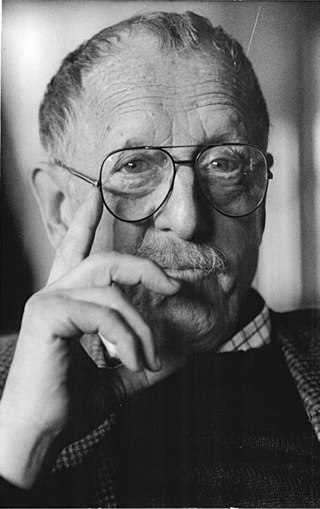
Erwin Geschonneck was a German actor. His biggest success occurred in the German Democratic Republic, where he was considered one of the most famous actors of the time.

Victor Kraft was an Austrian philosopher. He is best known for being a member of the Vienna Circle.

The Friedrich Order was an order of merit of the German Kingdom of Württemberg. It was instituted on 1 January 1830 by the second king of Württemberg, Wilhelm I in remembrance of his father, King Friedrich I. In 1918, the end of the monarchy meant the abolition of the order.
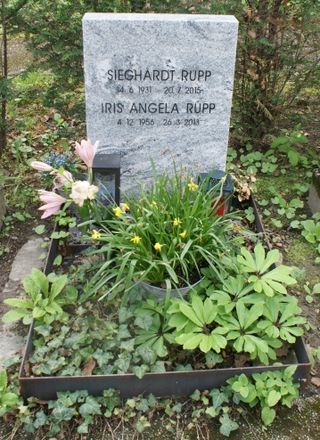
Sieghardt Rupp was an Austrian actor who performed in film, television and theatre.

Georg Thomalla was a German actor. He appeared in about one hundred fifty film and television productions between 1939 and 2000 and was widely known in Germany for his comedic roles.

General of the Cavalry was a General of the branch rank in the Imperial Army, the interwar Reichswehr, and the Wehrmacht. It was the second-highest general officer rank below Generaloberst.

The Albert Order was created on 31 December 1850 by King Frederick Augustus II of Saxony to commemorate Albert III, Duke of Saxony. It was to be awarded to anyone who had served the state well, for civil virtue, science and art.
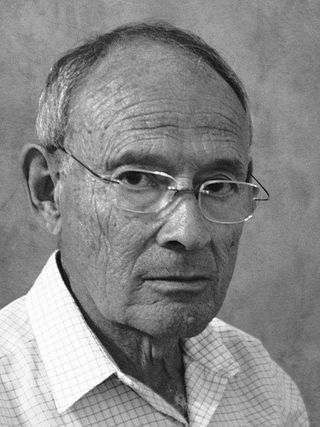
Ladislaus Löb was a writer, translator, Holocaust survivor, scholar of the literature and drama of the German Enlightenment and Professor Emeritus of German at the University of Sussex in England. He was the author of From Lessing to Hauptmann: Studies in German Drama (1974); a monograph, in German, on the nineteenth-century dramatist Christian Dietrich Grabbe (1996); and Dealing with Satan: Rezső Kasztner's Daring Rescue Mission (2008), in which he recounts his experiences an 11-year old boy sent to Bergen-Belsen concentration camp and freed as the result of a controversial deal that Rezső Kasztner brokered with Adolf Eichmann.

Oskar Leopold Karlweis was an Austrian-American stage and film actor, active internationally.

The Oskar Ewald Tenement is a tenement located at 30 Gdańska Street, at the intersection with Krasinski Street, in Bydgoszcz, Poland.
Gerhard Menk was a German historian and archivist.

Große Berliner Kunstausstellung , abbreviated GroBeKa or GBK, was an annual art exhibition that existed from 1893 to 1969 with intermittent breaks. In 1917 and 1918, during World War I, it was not held in Berlin but in Düsseldorf. In 1919 and 1920, it operated under the name Kunstausstellung Berlin. From 1970 to 1995, the Freie Berliner Kunstausstellung was held annually in its place.
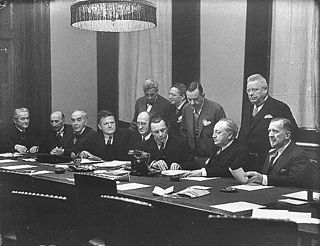
Oskar Loerke was a German poet, prose writer, literary critic and essayist. Loerke was a prominent representative of Expressionism and magic realism in Germany.
Moritz Friedländer was an Austro-Hungarian Jewish scholar of religion.
















